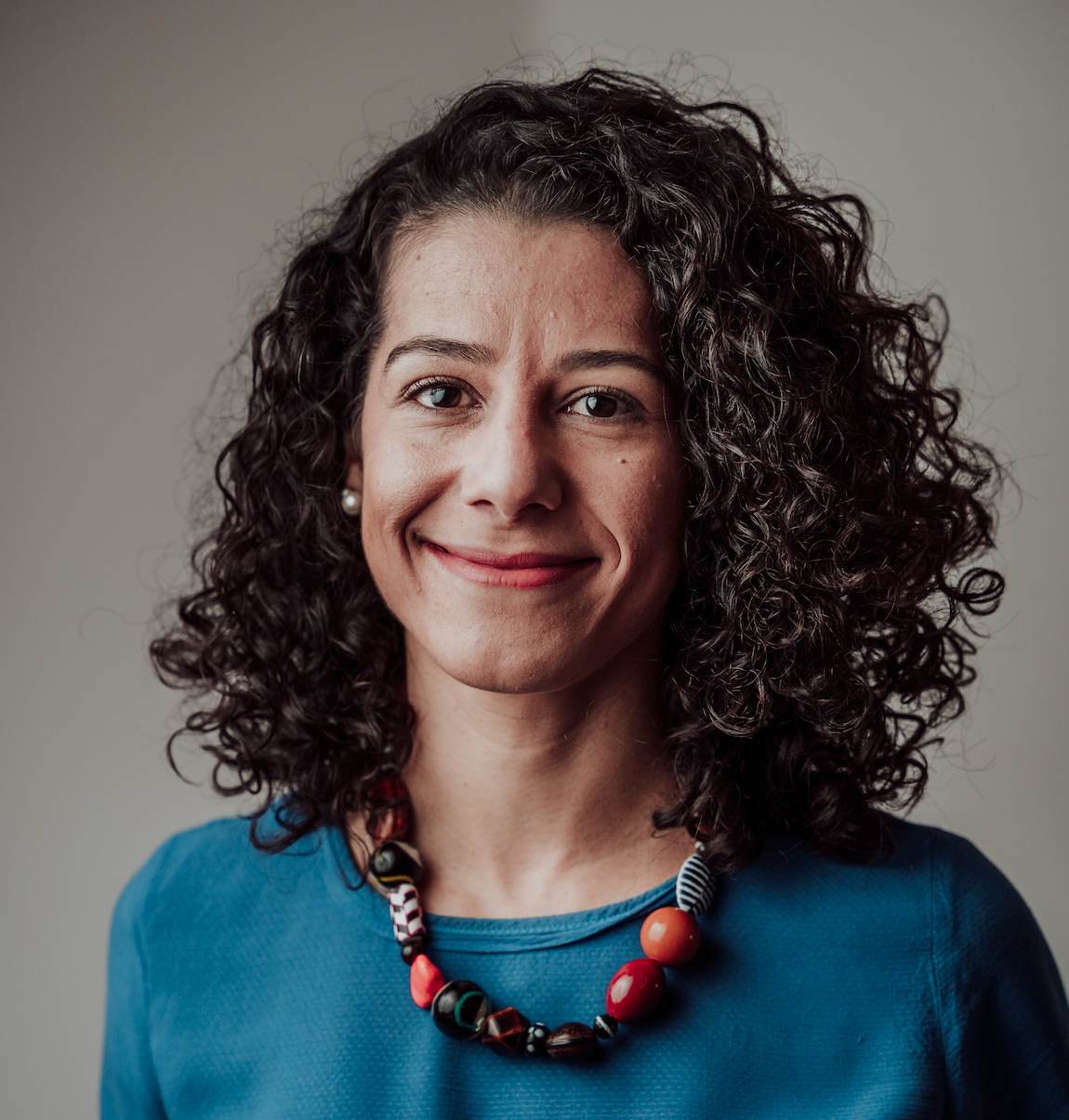24th World Conference

Analyzing the impact of the prospective process on the perception of young people regarding the Future of Work in Brazil in 2030
The objective of this research was to carry out a Prospective exercise on the future of work in Brazil in 2030 with the participation of young people between 15 and 24 years old. In order to be able to answer the central question and assess the impact of exploring emerging signals in alternative future scenarios in the context of the future of work in the expectations of young people, we carried out a quantitative survey in addition to the Scenario Planning Process.
It was hoped that this work would generate reflections on the future, by presenting themes and questions that are not dealt with daily and are not an object of contemplation by young people. The results indicate that young people have a relative notion of the forces of change that impact the work context, however, expectations regarding the necessary skills are not directly related. Although they are optimistic about their careers, it was possible to see a certain mismatch between their expectations, the forces of change that will impact the future of work in Brazil in 2030 and the skills that will be most needed.
In addition, the realization of the workshop to explore signs and scenarios contributed to the learning of young people and obtained positive feedbacks, although adjustments are needed due to the complexity of the method and the subject. The methodology adapted for this research presents a way of teaching young people to read and write for the future, developing a skill that allows them to better understand the role that the future plays in their lives (Miller, 2018).
Aware of the potential of methodological choice and the limitations imposed by mandatory social isolation, we bet on conducting a quantitative survey prior to the workshop in order to produce more inputs to meet the central objective of the research.

